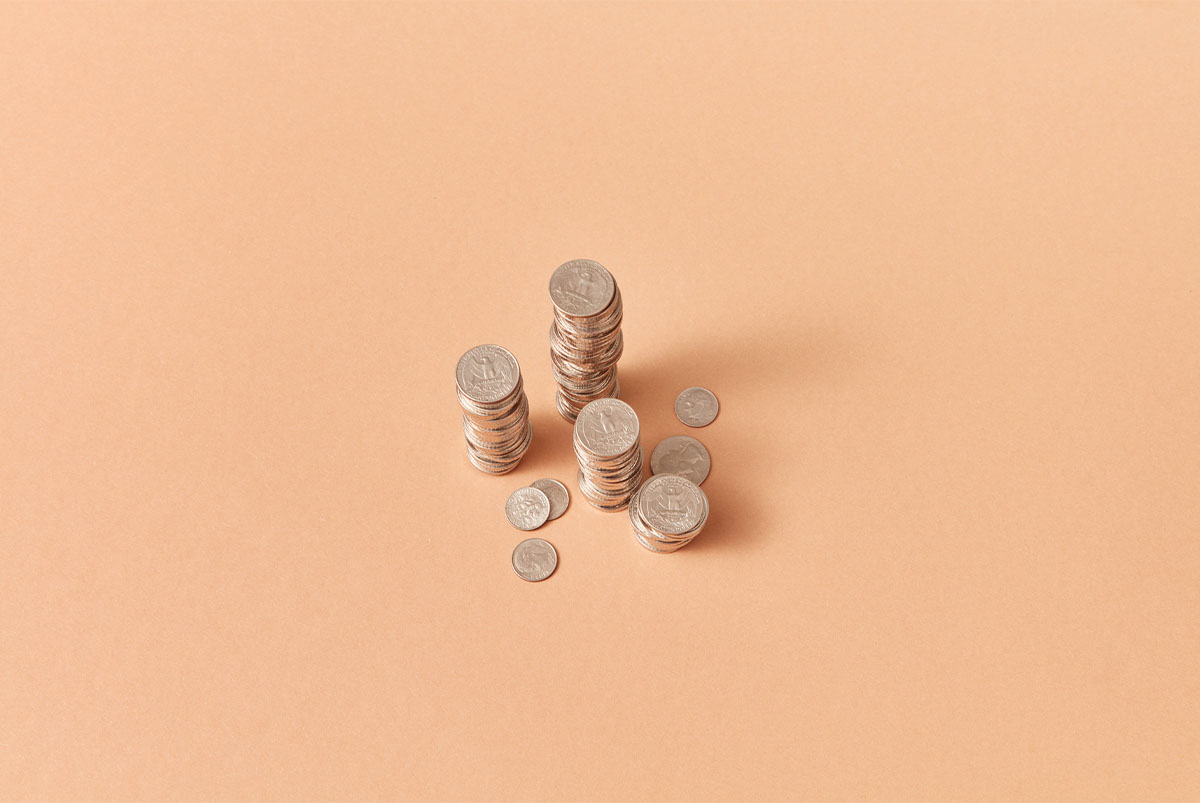If you have the means, it can make a lot of sense to pay extra on your car loan payments, especially because it can lead to paying off your loan early and saving money! But depending on your financial situation, it may make more sense to put that money toward building your savings or paying other expenses.
We’ll help you decide if paying extra on your car loan is the right financial move for you.
How Does Paying Extra on Your Car Loan Work?
In most cases, you can pay extra on your car loan. By paying more than the minimum, it can help you pay off your car loan faster.
But before you start throwing extra money at your loan, talk with your lender to make sure you’re allowed to. If you get the A-okay, decide how you want to pay extra: either by making a larger monthly payment or a payment in addition to your minimum monthly payment.
To be clear, extra car payments may not automatically go to the loan principal. They’ll most likely be applied to interest first unless you specify how to apply them with your lender.
How Do You Pay Extra Toward the Principal?
While you may have your lender’s approval to pay extra, not all lenders let you specify how you’d like extra funds to be applied to your loan. When you talk with your lender, ask if extra funds can be applied to the principal and what the process is for requesting it.
Some lenders may have you fill out a form, mark a checkbox or include a note on your payment, or mail extra payments to a different address.
Once you’ve started paying extra toward your principal, check your loan statements each month to make sure your extra payments are being applied to your loan balance correctly.
Tips for paying off your car loan faster
When you pay extra toward your principal, it shrinks your loan balance faster as well as the amount of time it takes to pay off the loan. Other ways to help you pay off your loan faster, include:
- Biweekly: Paying half of your payment biweekly, instead of all of it once a month (this equates to 13 full monthly payments in a year instead of 12)
- Yearly lump sum: Making one large payment, of any amount, per year in addition to your monthly payments (great if you get a yearly bonus)
- Lump sum when possible: Making one or more large additional payments over the course of your loan term
What Are the Benefits of Paying Extra?
There are some pretty great reasons why paying extra on your car loan can be beneficial.
Save money on interest
By paying extra toward your principal and shortening the length of time it takes to repay the loan, you pay less interest over the life of the loan. Most auto loans have simple interest and are amortized, meaning more interest is paid off during the beginning of your loan term than at the end.
Pro tip: The closer you are to the beginning of your loan term, the more interest you’ll save on the loan amount by paying extra toward your principal.
In the rare case where your auto loan has precomputed interest, extra payments will still help you pay off your loan faster, but the amount of interest you pay doesn’t decrease.
Avoid going upside-down
When you owe more on the loan than the car is worth, that’s called going upside-down or being underwater. This can happen when you have a long repayment term or when your car depreciates (loses its value) more quickly than you can pay off your loan.
Paying extra may help you avoid going upside-down on your loan as you end up paying it off faster.
Pay off your loan early
Alongside saving money on interest by paying extra on your car payments, you’ll also pay off your car loan early. This can free up money to use toward other financial goals, expenses or debt.
Plus, paying off your loan usually comes with credit benefits like lowering your debt-to-income ratio, increasing your approval odds for other loans (like a mortgage) and helping you qualify for lower interest rates – all of which can help you work toward those other goals.
What Should You Consider Before Paying Extra?
To decide if making extra payments is the right move for you, take some time to mull over these questions:
- Do you have extra cash on hand and want to use it to meet financial goals?
- Are you hoping to buy your first home soon and need to lower your debt-to-income ratio to qualify for better mortgage rates?
- Are you buying a new car soon and want to pay off your existing car loan first?
- Does your car loan have a high interest rate that you want to get out of paying faster?
Once you have a better idea of why it might be the right move for you, consider these factors.
Your budget
Look at your budget to see if you can actually afford to make extra payments and, if so, how much.
If your budget is already tight and you start paying extra on your loan, would you have to dip into your savings or use a credit card to pay unexpected expenses? Remember, you’re trying to get out of debt faster, not take more on.
If there isn’t a lot of wiggle room in your budget to safely pay extra, it might be better to stick with your current payment schedule unless something changes.
Other debt
Check the interest rates on any other debt you have. The national average car loan interest rate is around 4% to 5%, but the credit card interest rate is around 13%.[1] Looking at this stat, you can see how you’ll likely save more money on interest by focusing on paying extra on credit card debt than a car loan.
If you have any debt with higher interest rates than your car loan, it may be better to pay off those debts faster before paying extra on your car loan.
Prepayment penalties
Since extra payments lead to an early payoff, ask your lender if there’s a prepayment penalty. If so, calculate how much you’ll save in interest by paying off your loan early and make sure it outweighs any prepayment fees.
Your credit
While there are credit benefits that come with making extra payments, paying off a loan early can also hurt your credit.
Your credit score is calculated using weighted percentages tied to certain factors in your credit history. If you have thin credit, paying off a loan early can work against you by damaging some of these factors, including your credit mix, credit utilization and age of accounts.
But the impact should be temporary. Accounts closed in good standing remain on your credit reports for 10 years[2] and are positively factored into score calculations. After a few months, your scores should rebound if you continue making other debt payments on time.
Accelerate Your Car Loan Payoff
To figure out if paying extra on your car loan is the right move for you, consider your credit history, budget, car loan interest rate, potential interest savings and if the extra money could be better put toward something else (like other debt, savings or general expenses).
If making extra payments isn’t possible but you still want to save money on interest, refinancing your car loan with a lower interest rate can be a solution.
Whatever you decide, it shouldn’t cause you more stress or financial strain.
The Short Version
- In most cases, you can pay extra on your car loan. By paying more than the minimum, it can help you pay off your car loan faster
- Extra car payments may not automatically go to the loan principal. They’ll most likely be applied to interest first unless you specify how to apply them with your lender
- By paying extra toward your principal and shortening the length of time it takes to repay the loan, you pay less interest over the life of the loan
National Credit Union Administration. “Credit Union and Bank Rates 2022 Q3.” Retrieved August 2022 from https://www.ncua.gov/analysis/cuso-economic-data/credit-union-bank-rates/credit-union-and-bank-rates-2022-q3
Experian. “Removing Closed Accounts in Good Standing” Retrieved August 2022 from https://www.experian.com/blogs/ask-experian/removing-closed-good-standing-accounts-from-report/




